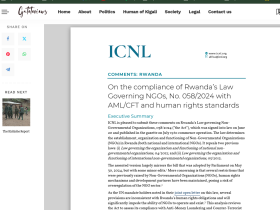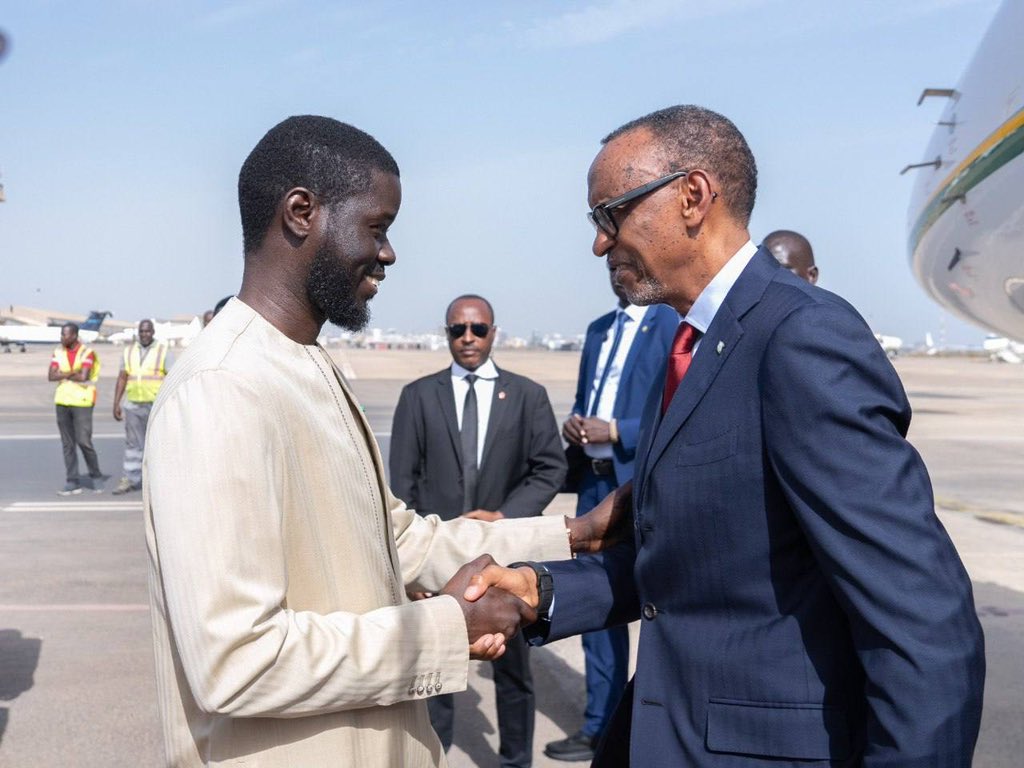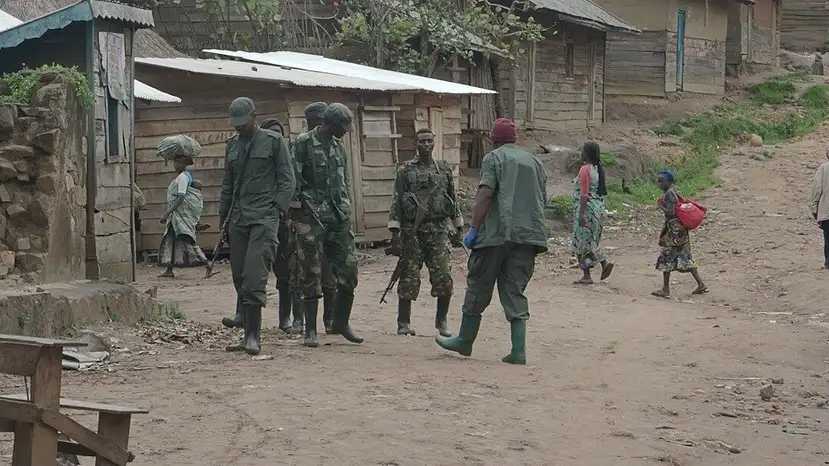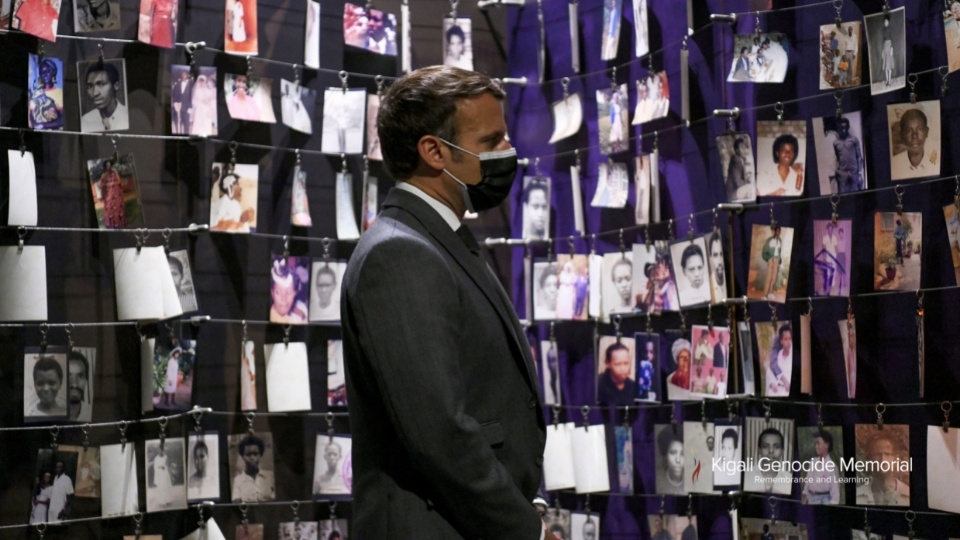Having lived and worked in Rwanda for a while, but also having played a bit with the limits of our freedom, I can see only three breeds of Rwandan Political Animals:
First there are The Old Wolves: Those who have the big picture. Those who conceived the current Rwandan order; those who came up with the eight pillars of the RPF and frequently revisit them to see if they are still on course. These people define the broad politics of our country and our society, and come up with all these homegrown solutions. Now with them you can discuss just about everything. You can freely point out to failures such as the switch from French to English overnight, ethnic issues, security, power, leadership, the level of freedoms, etc. These people envision Rwanda in 200 years, so they are progressive and at par with the dynamic world we live in.
The second group: The Fat Rats: Rwandans – and foreigners who have heard all these stories about western democracy, human rights, religion, etc., and parrot them as the best things for us: Today! They call themselves experts but have naïve plans on how we can get there. In any event, they keep their passports ready to leave, in case their advises don’t work out. Usually these people have little knowledge of Rwandan and African history; have done little or selective reading: never read Pan-African literature (writers like Fanz Fannon, etc.) I used to sit with them a lot, now I find them exhausting
Now there is a third group: The Parasites: foot soldiers. This article is about them. They have made their way to the top through boots shining, backstabbing, loyalty and zeal. They have never contradicted their superiors in their life and do not expect to be contradicted by their subordinates. In government positions, they go as high as it gets. In thoughts though; they remain foot soldiers.
For the security and stability of a country foot soldiers are needed. For post-genocide recovery they have played a critical role; they are the reason we walk safely and sleep peacefully at night in such a volatile region like ours;
But they may constitute a hindrance to the advancement of the society. The fact that they do not have perspective make them act out of emotional intelligence, or should I just say survival instincts. They are paranoid and that is their job.
They are quiet dangerous too, they are in charge of profiling individuals, yet, they are not complex and do not seek to understand much. They are capable of making up things or trick a person into becoming a criminal. Listening to them too much undermines ones judgment, like pushers of heroin they become almost an obsessive need while in reality they are parasites; and like the heroin they push, they are toxic. Keeping them under control; that is the task of an artist!
Which brings me to the case of Muvunyi Fred. I will admit I don’t know the whole truth, but I know the man. When I met him, I found it refreshing that the head of the Rwanda Media Commission (RMC) was such an independent mind. But that’s what the foot soldiers can’t deal with. As a foot soldier you have this conviction that the person knows what you don’t because he is free spirited. So you set out to find out what it is that he knows.
Muvunyi embodied free media and journalists voted for him precisely because of that; in spite, for some, being discouraged. But isn’t that interesting that journalists voted for him in the first place? If foot soldiers were able to ask themselves that question, they would graduate to a different category. But instead, they saw him as a threat, put pressure on him until he fled.
When a staffer of MINALOC – I didn’t get his name – went to a radio talk show about the case, he said dismissively that he had information that Fred’s crime was that he said a minister and the Rwanda Governance Board were… useless…
What? A person is forced to flee the country because he said a minister was useless? Can we please say our ministers are useless if that’s how we feel, without being forced to flee our country? Maybe Fred had a point after all? Fred was a right owner, and the minister a duty bearer. If he wasn’t satisfied with his minister’s services, as a citizen, a taxpayer, and the head of an independent entity, he had the right to say his minister is not delivering to his satisfaction. If the minister isn’t happy: tough!
But that isn’t the reason he fled. Fred was just independent and impossible to coarse. He was of the view that BBC shouldn’t have been closed. I disagreed with him but thats ok. And even the Parliament felt differently, and closed it. what’s the problem with that?
If you are reading this foot soldier, whoever you are: make no mistake about it: I love my country as much as you, so does Fred. We just think more for it than you do and I, am not planning on fleeing anytime soon.
I just read the RMC’s report – written under Fred: the State of Media Freedom in Rwandan. It was a good report, but now it misses a whole paragraph on the fleeing of the head of the Rwanda Media Commission and how that was used by David Himbara before the US Congressional hearing on Rwanda to demonstrate – rightfully so – the lack of freedom, how that will be used for another year or two by HRW, Freedom House and anyone really. Do you realise we just handed them a lifeline: On a silver platter?
Also, even if Fred had issues, that’s not how things are done; let him finish his term, it won’t kill you. The RMC under Fred won an international award: ‘Ethical dimensions of the information society’ prize 2015′; I’m not sure they’ll even be invited to the ceremony next time… I am tired of this: Thanks to you we have lost the Rwanda Civil Society Platform; we have lost the Institute for Research and Dialogue for Peace (IRDP). How long will they continue to listen to your paranoia
In passing, let me tell you: The creation of RMC was a successful step forward; the fleeing of Muvunyi Fred: two steps backward… Congratulations: Now you really have made the Rwanda Media Commission a usle… oops! Sorry, an ineffective institution…
Posted 31st May


















Leave a Reply